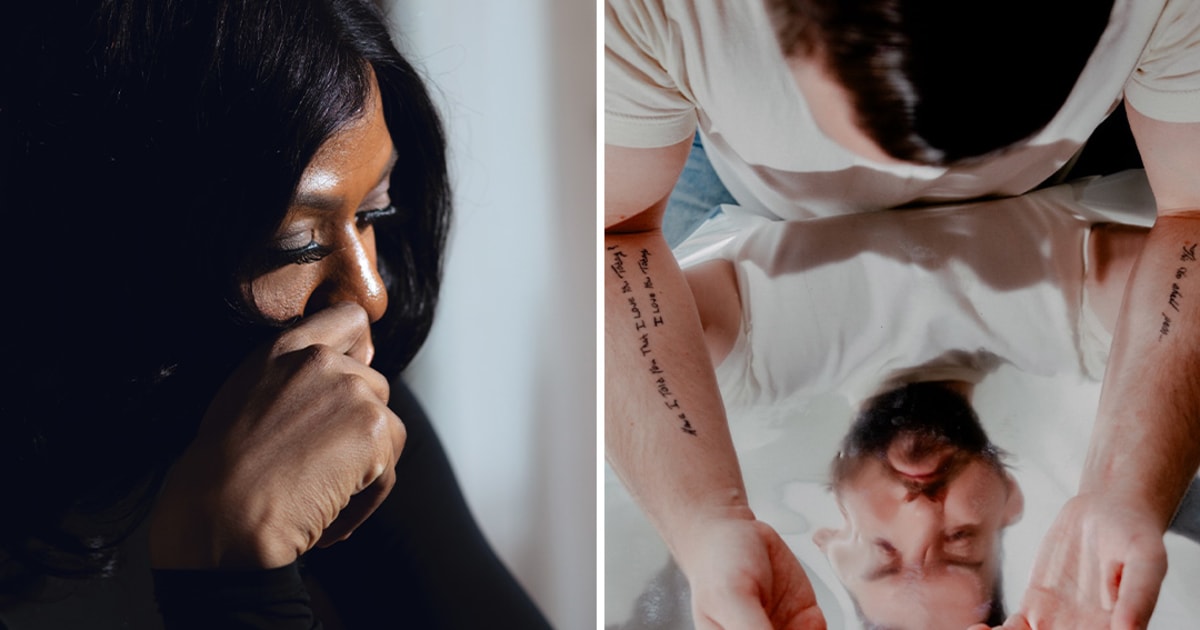- cross-posted to:
- news@lemmy.world
- cross-posted to:
- news@lemmy.world
Swift-Godzisz is among the 1 in 3 adults in the United States who have suffered from religious trauma at some point in their life, according to a 2023 study published in the Socio-Historical Examination of Religion and Ministry Journal. That same study suggests up to 1 in 5 U.S. adults currently suffer from major religious trauma symptoms.
Religious trauma occurs when an individual’s religious upbringing has lasting adverse effects on their physical, mental or emotional well-being, according to the Religious Trauma Institute. Symptoms can include guilt, shame, loss of trust and loss of meaning in life. While religious trauma hasn’t officially been classified as a mental disorder in the Diagnostic and Statistical Manual of Mental Disorders (DSM), there is debate among psychiatrists about whether that should change.
Experts say LGBTQ people — who represent more than 7% of the U.S. population, according to a 2023 Gallup poll — experience religious trauma at disproportionate rates and in unique ways. Very little research has been done in this field, but a 2022 study found that LGBTQ people who experience certain forms of religious trauma are at increased risk for suicidality, substance abuse, homelessness, anxiety and depression. And as political animus toward the LGBTQ community intensifies ahead of the 2024 presidential election, many queer people say their pain is resurfacing.



As someone who still hasn’t come out to my ultra Christian parents, yep. I took the path that was all I knew was acceptable. Luckily my spouse is accepting and mildly excited by my sexuality but the trauma is so strong I haven’t even been comfortable to act on my sexuality because it is just so repressed. I’ve worked through so much via therapy over the years but I still find things that are as described in the article, fight or flight type responses that conflict with what my brain logically can think is right. I really hope that research gets funded for this. They will find that more than just LGBTQ+ individuals will have definitive religious trauma and maybe some day a dollar cost will also be associated with it, not because it has to be but because sometimes money is the only way to get action…sadly.
I’ll say that exposure definitely helps with this. Slowly learning to associate your queerness with the joy it can bring rather than the dread it once did has helped many people I’ve known. Good luck healing